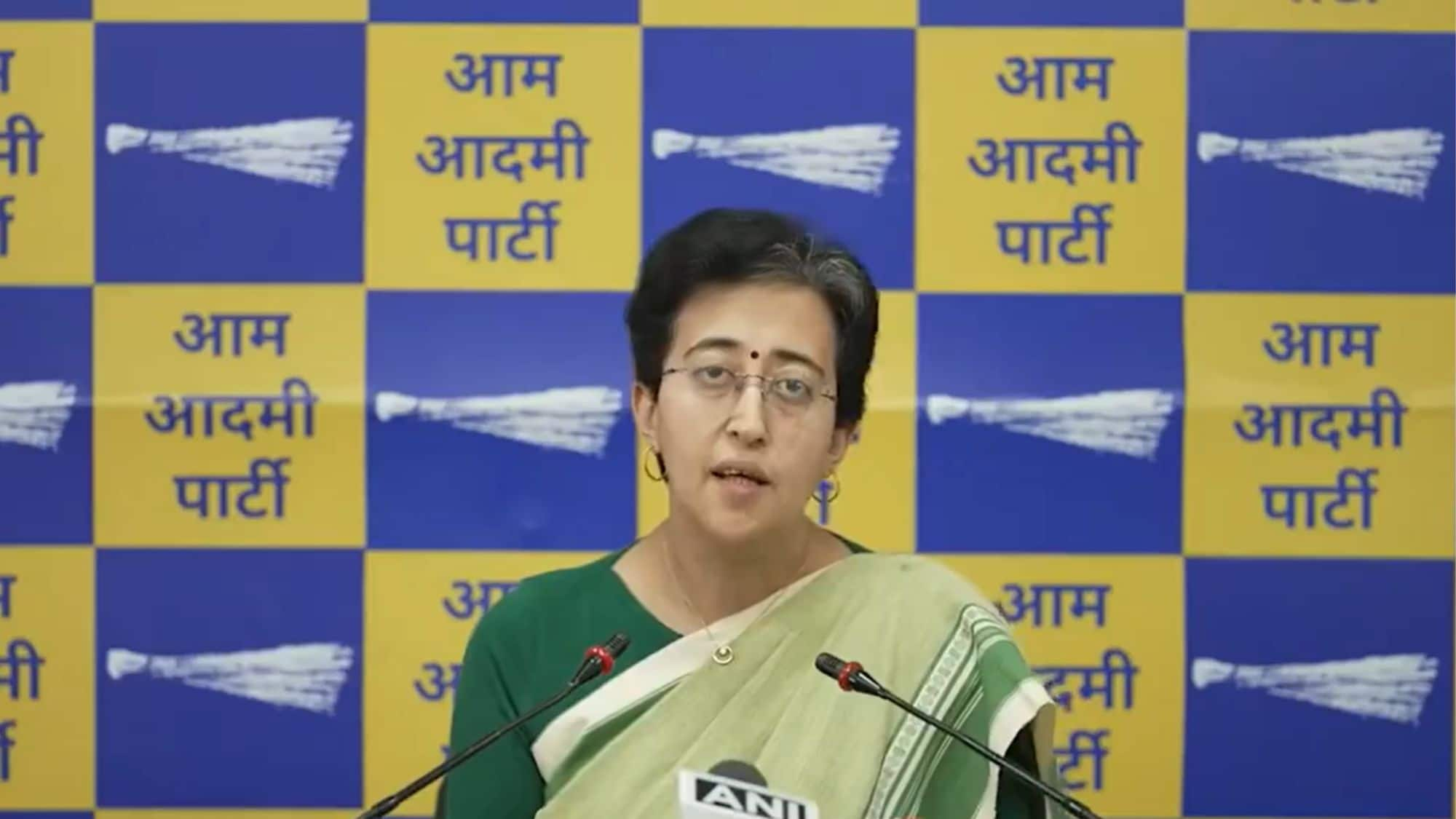The Delhi government’s recent decision to increase the minimum wage for workers marks a significant step towards enhancing the financial security of workers in the unorganised sector. Under the leadership of Chief Minister Atishi, this initiative aims to ensure fair compensation for laborers, reflecting the rising cost of living and supporting their livelihood. This article delves into the details of the new minimum wage structure and its implications for unskilled, semi-skilled, and skilled workers in Delhi.
Overview of the New Minimum Wage Announcement
On Wednesday, Delhi Chief Minister Atishi announced a new minimum wage structure for workers employed in the unorganised sector. This decision comes as part of the government’s ongoing efforts to promote economic stability and improve the working conditions of laborers.
New Minimum Wage Rates
- Unskilled Workers: The minimum wage has been set at ₹18,066 per month.
- Semi-skilled Workers: Those categorized as semi-skilled will receive a minimum wage of ₹19,929 per month.
- Skilled Workers: Skilled laborers will now earn a minimum of ₹21,917 per month.
Impact on the Workforce
The hike in minimum wages is expected to have a positive impact on the livelihoods of thousands of workers in Delhi. With the increasing financial burden due to inflation and rising living costs, this increase provides essential relief and a sense of dignity to workers and their families.
Benefits for Workers
1. Improved Living Standards: The higher wages will enable workers to afford basic necessities, thereby improving their quality of life.
2. Encouragement of Workforce Participation: A competitive wage may attract more individuals to join the workforce, especially in sectors that are often overlooked.
3. Strengthening Economic Stability: Providing fair wages contributes to overall economic growth as it increases the purchasing power of workers.
Conclusion
The Delhi government’s initiative to raise the minimum wage for unorganised sector workers is not just an economic decision; it is a social commitment to uphold the rights and dignity of laborers. By ensuring a more equitable wage structure, the government is carving a path towards a more inclusive and prosperous society.
